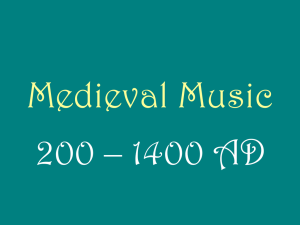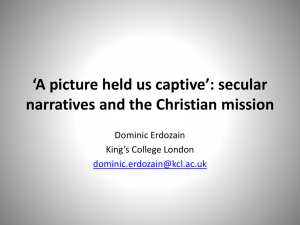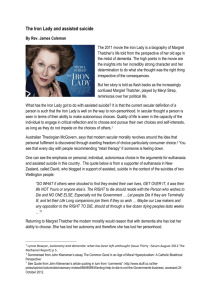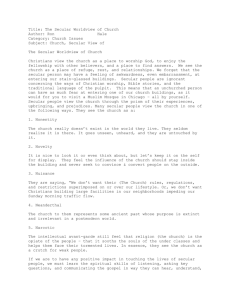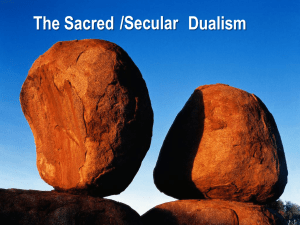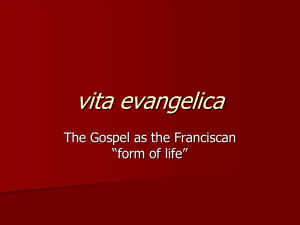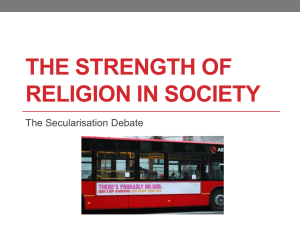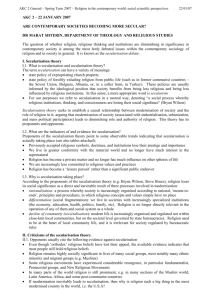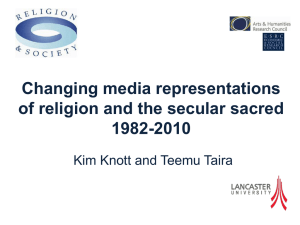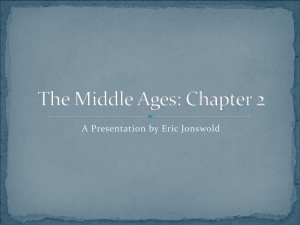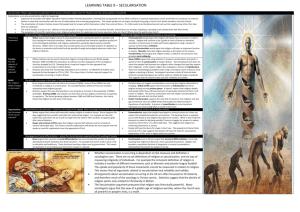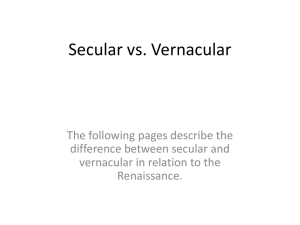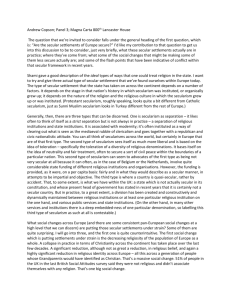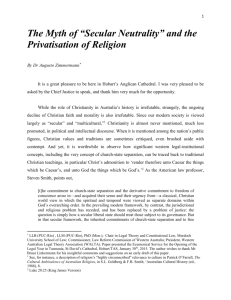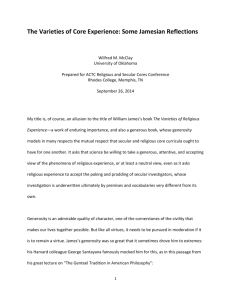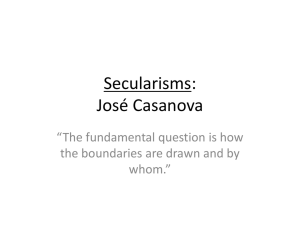Explain the arguments for legalising euthanasia
advertisement
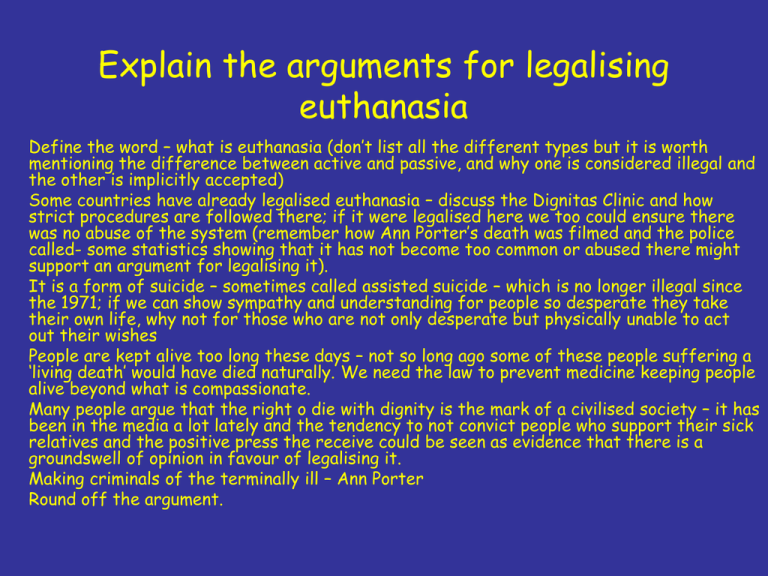
Explain the arguments for legalising euthanasia Define the word – what is euthanasia (don’t list all the different types but it is worth mentioning the difference between active and passive, and why one is considered illegal and the other is implicitly accepted) Some countries have already legalised euthanasia – discuss the Dignitas Clinic and how strict procedures are followed there; if it were legalised here we too could ensure there was no abuse of the system (remember how Ann Porter’s death was filmed and the police called- some statistics showing that it has not become too common or abused there might support an argument for legalising it). It is a form of suicide – sometimes called assisted suicide – which is no longer illegal since the 1971; if we can show sympathy and understanding for people so desperate they take their own life, why not for those who are not only desperate but physically unable to act out their wishes People are kept alive too long these days – not so long ago some of these people suffering a ‘living death’ would have died naturally. We need the law to prevent medicine keeping people alive beyond what is compassionate. Many people argue that the right o die with dignity is the mark of a civilised society – it has been in the media a lot lately and the tendency to not convict people who support their sick relatives and the positive press the receive could be seen as evidence that there is a groundswell of opinion in favour of legalising it. Making criminals of the terminally ill – Ann Porter Round off the argument. (b) ‘Religious believers should strongly support the legalising of euthanasia’ (15) Speak about individual conscience – by definition it is hard to say what people should think and feel; there is always going to be great diversity in religious responses to moral issues. Say why in Christianity and Islam many might be opposed to legalising euthanasia –it’s a good tip to always put the opposing argument first (life is sacred/God gives/God take away/the value of suffering etc) On the other hand – (quality is important as well as sanctity/ there are issues of freewill/should show compassion as we do with those committing suicide) Conclusion – hard to say what religious believers should strongly believe, but maybe it is fair to say that Chrisitans, for example, should follow the law of love (agape) (situation ethics etc) The six main elements and indicators of secularisation The decline in membership of and attendance at religious institutions Reduction of religious influence in society The growth of rational and scientific thought The growth of religious pluralism The secularisation of religious institutions The emergence of the mass media • To complete and present research on six main indicators of secularisation • To begin to look at the clash between sacred and secular and the rise of secular fundamentalism. Presentation to class next Monday Take the element of measuring secularisation that you have been given and analyse it in some depth. 1/ In what way does it indicate that our culture is more secular than it used to be? How does it influence secularisation 2/ What are the problems with it? 3/ Can you offer any statistics/evidence to support the claim that society is more secular than, say, fifty years ago base don this indicator? 4/ Is this indicator of secularisation, then, a good one or not? 5/ Finally, compare the indicator you have studied in depth to the other five – if you were to put them in a league table of indicators, which would be first, last. Where would your indicator be? Two websites to visit regularly The Church Times The Church of England (a) Explain the six indicators used to measure secularisation (30) (b) ‘Britain is a far more secular society than it was fifty years ago’ Assess this view. Guidance for part b – Begin with a definition of secular Discuss difficulty of measuring such a concept – refer briefly to six indicators but do not repeat part A Put forward arguments that suggest it might be more secular (less children in Sunday school; rise of personal conscience; influence of secularists and new knowledge displacing God etc etc) Put forward arguments that suggest it might not be more secular (pluralism in religions; difficulty of measuring; people religious out of choice; less paid clergy but more lay ministers; popularity of church schools etc etc) Suggest a conclusion - refer back to the question directly. DUE TUESDAY AFTER HALF TERM. The clash of sacred and secular Nadia Eweida Caroline Petrie Bushra Noah Aisha Azmi Olive Jones The rise of secular fundamentalism…
